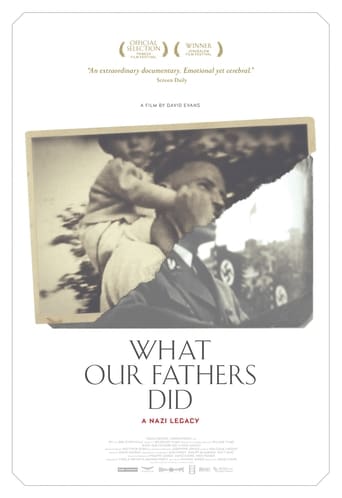
What Our Fathers Did: A Nazi Legacy
November. 06,2015Can you imagine what it means to grow up as the child of a mass murderer? Hans Frank and Otto von Wächter were indicted as war criminals for their roles in WWII. Nazi Governors and consultants to Hitler himself, the two are collectively responsible for thousands of deaths. But what stood out to Philippe Sands were the impressions they left on their sons. While researching the Nuremberg trials, the human rights lawyer came across two men who re-focused his studies: Niklas Frank and Horst von Wächter. The men hold polar opposite views on the men who raised them.
Similar titles
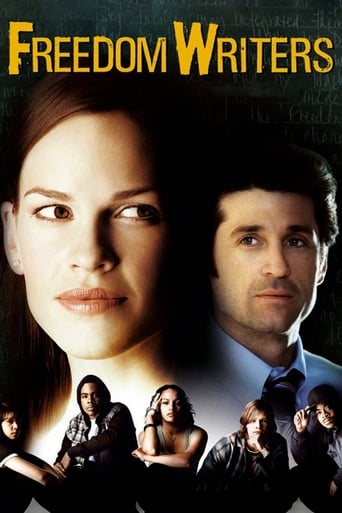
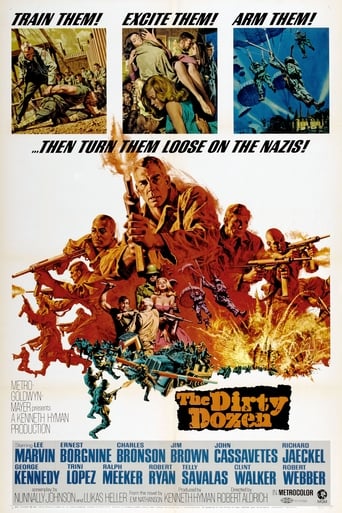
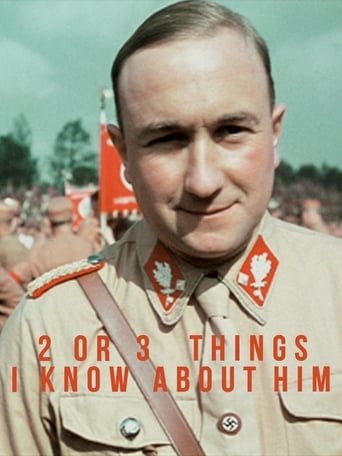
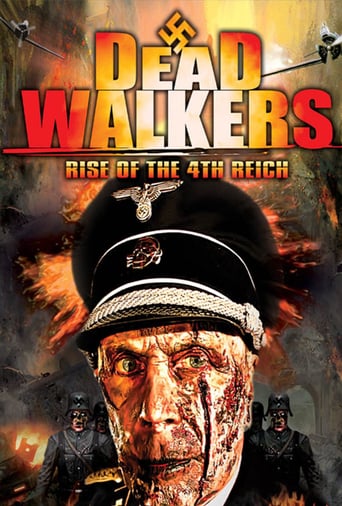
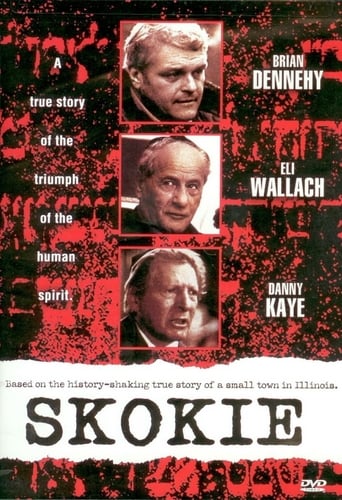
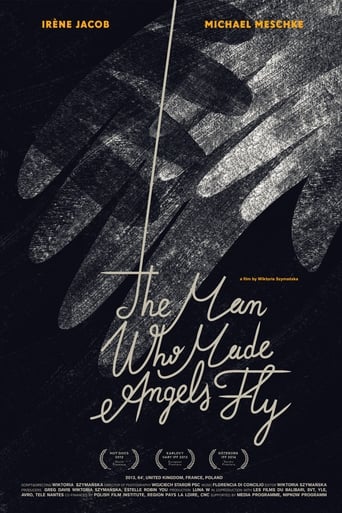
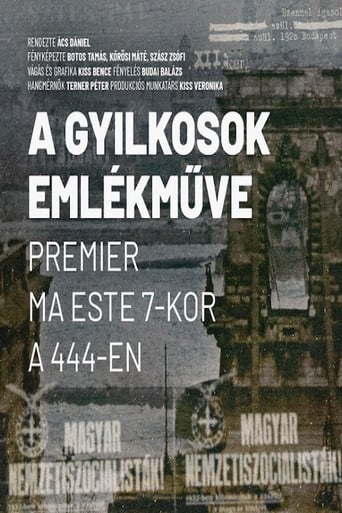

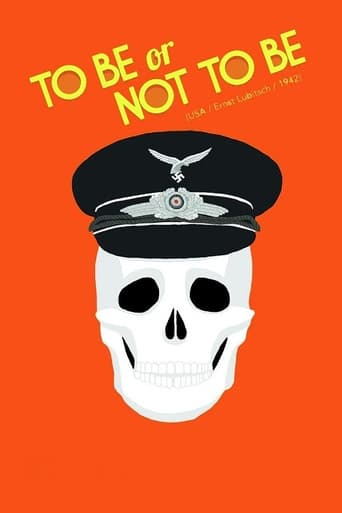
Reviews
Am i the only one who thinks........Average?
It's the kind of movie you'll want to see a second time with someone who hasn't seen it yet, to remember what it was like to watch it for the first time.
This movie tries so hard to be funny, yet it falls flat every time. Just another example of recycled ideas repackaged with women in an attempt to appeal to a certain audience.
The film never slows down or bores, plunging from one harrowing sequence to the next.
Sands seems hell-bent on destroying Horst. Sands obviously is on a mission to bring the guy down. I find it very ironic that Sands uses bullying tactics that the Nazi's used to push Horst into saying things or admitting things that he simply doesn't believe! Nik Frank is almost pathetic as Sand's lacky running around denouncing his father at every opportunity. There were many people involved in the running of the system then and I sympathize with Horst when he is trying to say that things were more complex than we can understand being removed by so many years. Everything is rarely as black and white as some people would like to believe. I was left with a very unsettling feeling after it was over. I don't like all the assumptions that are made and I especially don't like that Nik Frank says the day of his father's execution is a happy day for him. Regardless of what his father was accused of I find that very disturbing. Having said all that the film still gives insight into a very important period of history and some unique perspectives that are important to understanding the time period.
Saw this film last night on UK TV. I can add little to the reviews already given but would like to comment on Michael Wehle sour remarks.Yes, not everything is explored, such a Fascism in the Ukraine. Can it be in the time given? Personally I had not problem with the one son seeing his father as a loving man etc. What else would a very young child think? The issue is the refusal to admit that his father was personally responsible for the crimes and, I think, that is what Sands is trying to do, namely to get him to concede when faced with the facts.The documentary also indirectly alludes to the problems in many German families when the younger generation found out about the crimes of their parents.
The film description tells you more than I can. However, I watched this not so much with interest for the 2 men, but for the story of their fathers and the occurrences they showed and the whole family perspective. The visits to the ghettos by the men as children said a lot to me. I mean, their fathers, dealers of death, took their kids to work. Incredible. They point out in the film the contradiction between these father's work and their ability to go home to their families to lead normal lives. It is inconceivable. All of the Nazis truly convinced themselves that their victims were not human. They had to have to look at everyone, their children victims and then go home to their own children. I cannot really grasp this which is why I watch films like this. I have never really come to an understanding of this and I probably never will.I did not expect the men to accuse their fathers or to convict them in front of the audience. I am not sure one should expect that. Both men acknowledge to different degrees what their fathers did. Are their fathers actions their actions? Should we expect them to vilify their fathers? I guess acknowledging who and what their fathers were and did is something I expect. Should they be blamed in a sense for their fathers actions if they do or do not blame or accuse their fathers? I think to a certain degree, people want to blame the children for their fathers crimes against humanity. By asking these men to vilify their fathers, they then would disown the crimes of their fathers....well this is the expectation of the filmmakers. I am not sure it is what should be expected. Their fathers were evil men who performed horrible evils, we all know that. Now if the children believed those actions were justified or if they believed their fathers were good men for those actions, then you could throw them in with their fathers actions. One man disowns his father and hates him as a father, for the father he was, as much as his Nazi actions in my opinion. He hated his mother too. That is some burden to carry. I think he carries it as a burden, truly.One man believes his father was a good man stuck in a bad circumstance. I don't believe that, I don't think anyone believes that. Should he vilify his father? He could say his father was kind to him but he knew his father did so much evil....but that didn't come out in the film to me.Watch this for the story of how human beings can lead 2 lives. Watch it to understand the horrors of the Nazis. Watch it to remember and ensure we don't see the rise of this again. We are seeing the rise....everywhere in the world. Watch this film to see where you stand, to judge your own beliefs. This film forces Introspect in my opinion.It is not about me, but it forces me to look at these people and my beliefs. I have strong Polish heritage so maybe that pushed my interest in this film too.
Good documentaries about the Holocaust, such as the harrowing Night and Fog, are impossible to forget. In a less visceral way, but still memorable, What Our Fathers Did: A Nazi Legacy explores in an interview style two sons of high-ranking Nazi officers. The low-key three-hander, moderated by Jewish lawyer Phillipe Sands, exemplifies the difference between acceptance of the horror and denial, both still active points of view.Horst von Wachter believes his father was blameless because he was following orders with no alternative but death for anyone who disobeyed. Yet, he signed orders to build Dachau, the notorious death camp. On the other hand, Nicklas Frank completely accepts his father's responsibility and shoulders the shame courageously and with an equanimity that contrasts with Horst's defiance.Because Niklas's father was convicted at Nuremburg of murder and hanged for "command responsibility" and Horst's escaped, it's probably why Niklas thinks Horst is a Nazi, and why Horst calls Niklas an "egoist maniac." The filmmaker is on Nicklas's side.Director David Evans smoothly intercuts old footage, much about family outings, whose joy contrasts starkly with the murder going on in the background. His emphasis on the humanity of his interviewer and the contrast between the two subjects is unwavering. Yet the filmmaker's opinion, evidenced in the closing voice-over, is apparent, some might say to the detriment of the doc's objectivity.As for me, I don't know how a decent human being could hide sympathy for the victims and survivors of the world's most heinous crime. Although What Our Fathers Did presents the two enduring attitudes toward Nazis and their shame, the outcome is as it will always be--outrage and a lingering sadness for the entire human race.
Top Streaming Movies












